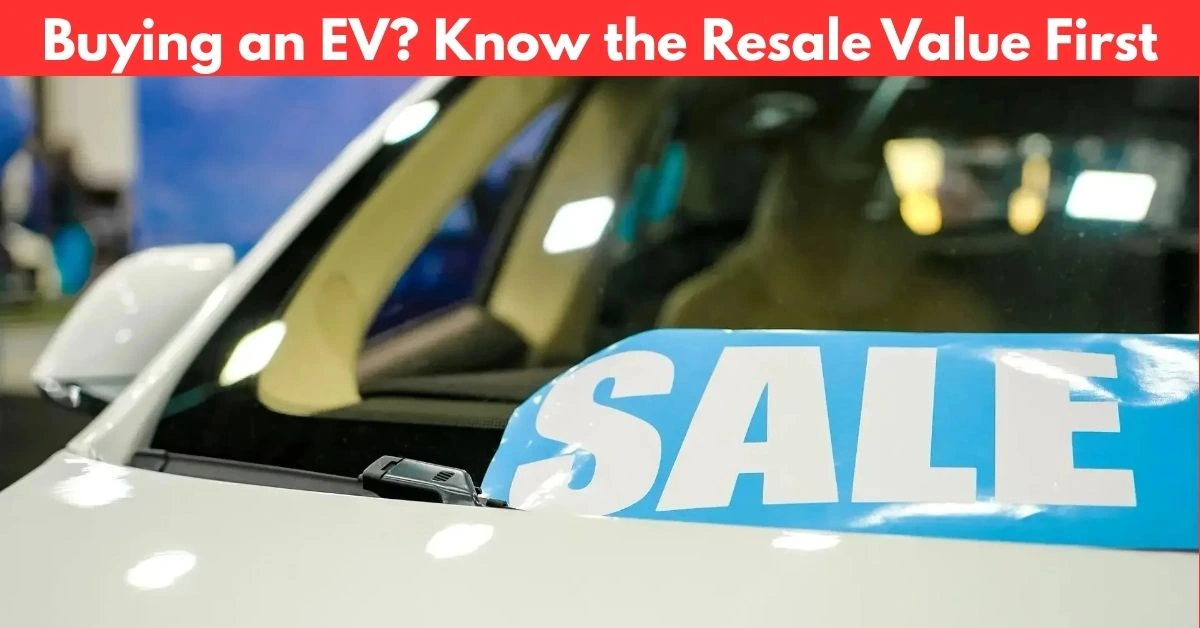America’s electric vehicle (EV) market is charging ahead at a blistering pace. From luxury Teslas to humble Chevy Bolts, the selection of used electric cars and their plummeting resale values have put more EVs within reach of everyday drivers. Missed out on a new Model Y or Hyundai Ioniq 5? Today, you can snag a recent model for a fraction of its initial sticker price—and nearly-new older gems like a fully electric Nissan LEAF often dip below $10,000.
But this affordability is a double-edged sword: it’s largely powered by one of the wildest depreciation stories in the auto industry.
How Fast Do EVs Lose Value?
- In just one year, the average used EV price in the U.S. crashed by 31.8%—an average of $14,418 gone from resale value, compared to only 3.6% for similar gas cars34.
- Over five years, the average EV loses about 58.8% of its value, according to recent studies56. Many models shed between $18,000 and $52,000 in this time5.
- Some of the most popular models and their 5-year resale performance:
| Model | Avg. Depreciation (5 years) | Dollar Loss |
| Jaguar I-PACE | 72.2% | $51,953 |
| Tesla Model S | 65.2% | $52,165 |
| Nissan LEAF | 64.1% | $18,043 |
| Tesla Model Y | 60.4% | $36,225 |
| Hyundai Kona EV | 58.0% | $19,062 |
| Tesla Model 3 | 55.9% | $23,771 |
Why Do Used EVs Depreciate So Fast?
Several American factors combine for this high-voltage depreciation:
- Tech Whiplash: New EVs keep arriving with longer range, better batteries, and cooler features, making last year’s model seem outdated overnight.
- Battery Fears: Even with modern batteries losing only about 1–2% of range per year, buyers are wary of long-term reliability and the steep cost of battery replacement. This anxiety, real or not, takes a toll on resale value.
- Incentive Game: Federal and state tax credits make new EVs much cheaper, but these savings don’t necessarily transfer to the used market. Shoppers compare used models to heavily discounted new ones, driving used prices even lower.
- Oversupply: A surge of off-lease and ex-fleet EVs are flooding the used market, outpacing demand and forcing prices down even further.
- Changing Sentiment: Concerns about charging infrastructure, range anxiety, and shifting public perceptions—especially around brands like Tesla and their high-profile leadership—can spark sudden swings in demand and value.
How EV Resale Value Compares
- Traditional gas cars lose an average of 45–50% over five years, compared to nearly 59% for EVs.
- Hybrid and plug-in hybrid cars fare better, with average five-year depreciation around 40–45%.
- Gasoline models are still less susceptible to “tech obsolescence,” and their repair ecosystem is more mature, leading to higher used values.
Opportunity for Savvy Shoppers
The upside? Used EVs are now the best bargain-hunters’ playground. With the steepest depreciation happening in the first year or two, buyers can land a nearly-new EV for the price of a used gas car—often with plenty of warranty left and much lower running costs.
Key Tips for Buying a Used EV
- Prioritize Used Over New: Let someone else eat the depreciation; the value drop slows dramatically after the early years.
- Check Battery Health: Most EV batteries are designed to last and degrade slowly. Request a battery health report from services like Recurrent, and review the warranty (often eight years or 100,000 miles).
- Compare Incentives: The federal used EV tax credit (up to $4,000) can make deals even sweeter, but not all models or buyers qualify—check the rules, plus any state or local perks.
- Inspect Carefully: Pay attention to battery condition, service records, and tire health. Test for expected range versus what the dashboard says; discrepancies may warrant a closer diagnostic.
- Plan Long-Term: If you can charge at home, fuel and maintenance savings can offset depreciation. Long-term ownership (5–10 years) makes resale value less critical; if you prefer the latest tech, consider leasing instead.
Final Thoughts
EV resale value is a rollercoaster. For American buyers, that means a rare chance to snag a high-tech ride for less—and a reminder that if you’re buying new, the future value may look as different as the next leap in battery tech. The EV revolution is here, and how you navigate depreciation can either save you a bundle—or leave your wallet feeling a bit unplugged.

